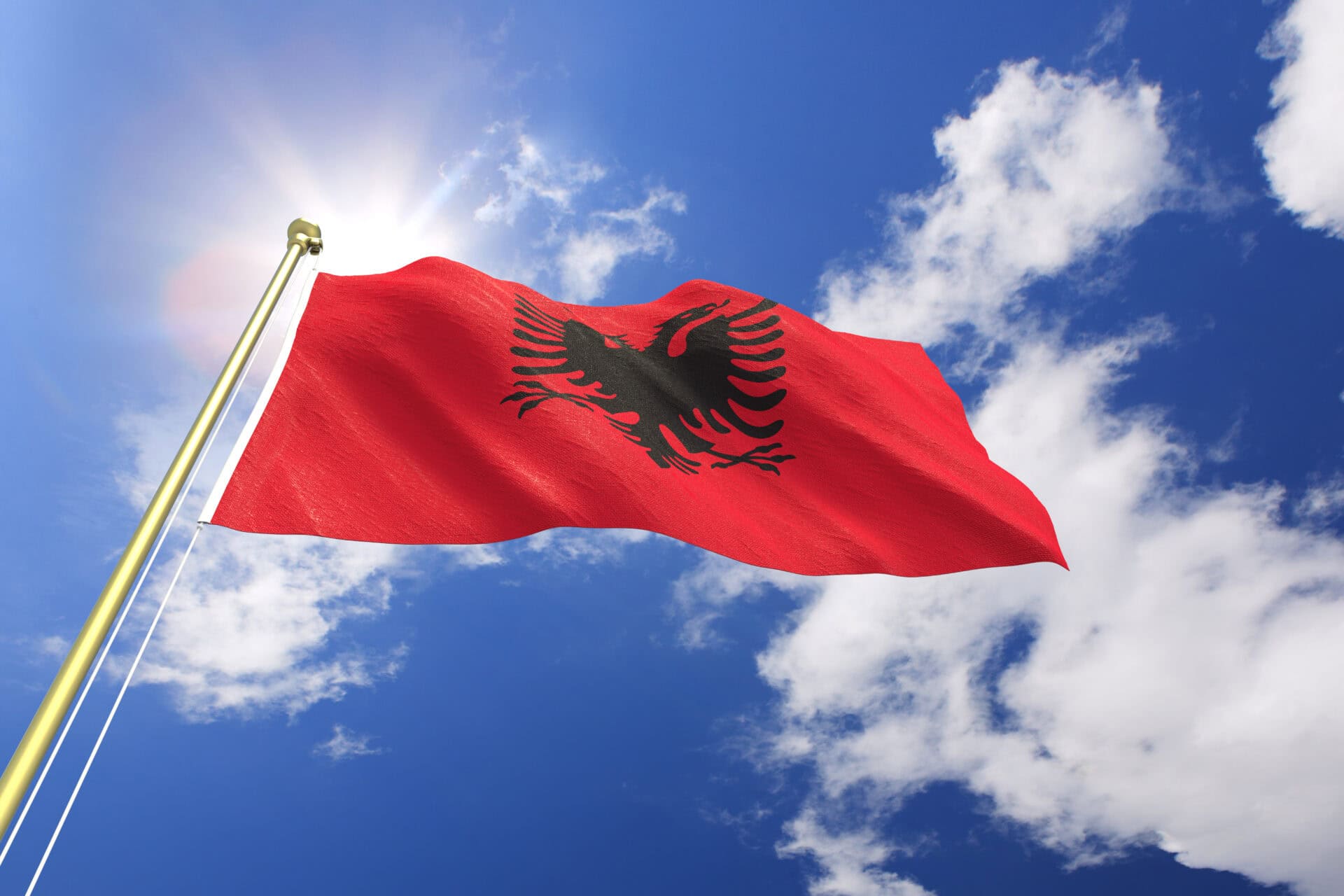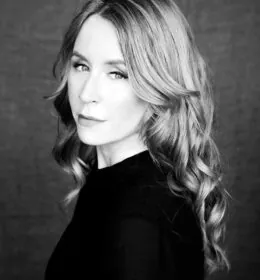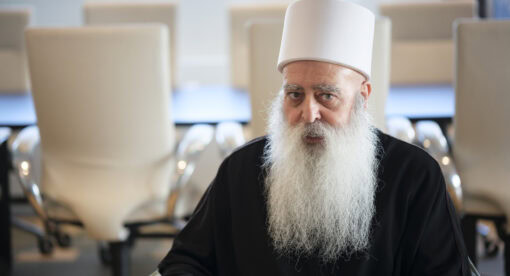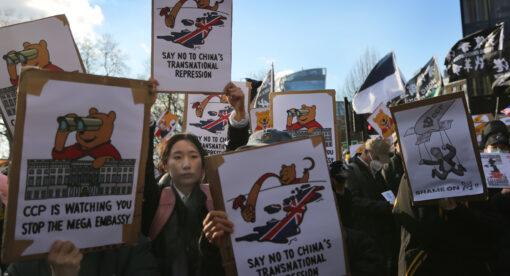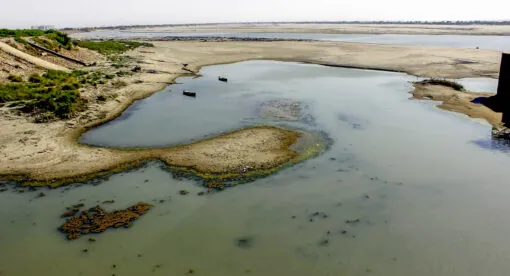Read the full anthology here
Albania stands at a crossroads where tradition grapples with transformation, democracy contends with old political fault lines, and aspirations for greater integration into Euro-Atlantic political structures collide with persistent social and economic injustices. The regional landscape is rapidly shifting, and Albania finds itself confronting a set of interlocking challenges that resonate throughout the Western Balkans.
Efforts to strengthen the rule of law have yet to uproot entrenched corruption, while the aspiration of European Union membership must contend with stalled reforms and widespread political fragmentation. Most importantly, the promise of equality remains elusive: Women navigate enduring patriarchal frameworks, minority communities continue to experience discrimination in census counts and public life, and LGBTQ+ citizens fight daily battles for recognition and protection.
This anthology presents a comprehensive look at Albania’s national concerns and aspirations in 2025 and beyond amid this backdrop. The essays included examine the country’s electoral politics, the state of its judiciary, domestic and regional dimensions of security, and the nuanced social struggles that cut across lines of gender, ethnicity, and sexual orientation. The authors collectively highlight the larger geopolitical influences at play – from EU accession negotiations to NATO’s evolving strategic footprint in the Western Balkans – and how they intersect with day-to-day realities for Albanian citizens.
The anthology clarifies the prevailing uncertainties and points to pragmatic and forward-looking solutions for Albania and
its neighbors. By drawing on analyses that address issues from youth emigration and the politics of identity to external pressures from regional and global powers, these essays serve as both a benchmark of present concerns and a blueprint for constructive policymaking.
In doing so, they underscore the fundamental premise that sustainable peace and prosperity in the Western Balkans rests upon deepening democratic values, ensuring inclusive governance, and securing genuine social justice for all.
Read the individual reports here:
Current State of Politics in Albania and the Upcoming 2025 General Elections
From a European Community Enthusiast To EU Membership
A Disastrously Successful Judicial Reform
Albania Redefined: NATO and the Security Architecture Shaping Tirana’s Foreign Policy
Why the Issue of Minority Rights in Albania Could Become a Roadblock to EU Accession
Women’s Rights in Albania: A Growing Phenomenon and the Last Taboos
The Multifaceted Struggle of the LGBTQ+ Community in Albania
The views expressed in this article are those of the author and not an official policy or position of New Lines Institute.

